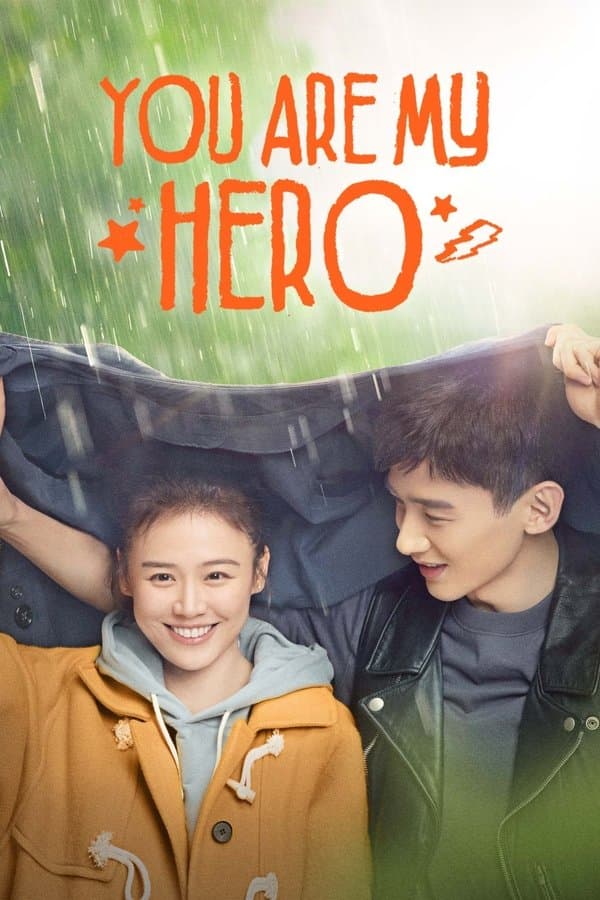
You Are My Hero
2021 • Drama
A story that follows Mi Ka, a new resident at the hospital who meets special ops agent Xing Kelei during an emergency rescue training organized by the SWAT team.
Why you should read the novel
Experiencing 'You Are My City and Fortress' by Mu Qingyu in its original written form allows readers to immerse themselves deeply in the emotional and psychological nuances of the main characters. The novel's introspective narrative offers richer internal dialogues and perspectives, giving greater insight into doctor Mi Ka's challenges and Captain Xing Kelei's complex personality. Each chapter carefully builds their relationship, layering in subtleties often lost in fast-paced visual adaptations.
Unlike the TV series, the novel dedicates more attention to the protagonists' professional lives, delving into medical cases, the emotional toll of high-pressure rescue missions, and the intricate network of supporting characters. This creates a more immersive and realistic atmosphere, where the stakes of their responsibilities are thoroughly explored and contextualized.
For those seeking a more personal and evocative journey, the novel provides poetic descriptions, more comprehensive world-building, and the quiet moments of team camaraderie not always shown on screen. Readers will appreciate the chance to savor the slow-burn romance and nuanced character arcs, discovering powerful moments that television versions simply cannot capture in full detail.
Adaptation differences
One major difference between the adaptation and the novel lies in pacing and focus. The TV series streamlines the original narrative, condensing certain medical and rescue cases, as well as accelerating the romantic progression between Mi Ka and Xing Kelei. In the novel, these developments are often slow-burn, affording the reader time to savor the chemistry and gradual deepening of trust.
Character portrayals can diverge as well. While the series highlights the leads’ heroism and professionalism, some of their emotional struggles and vulnerabilities, especially those revealed through introspective narration in the book, are diminished or reshaped for dramatic effect. Secondary characters may have altered or reduced roles, resulting in the loss of certain friendships or background arcs present in the source material.
Another significant difference is the TV adaptation's visual emphasis on action, using special effects and choreography for rescue scenes. In contrast, the book offers a more contemplative perspective, focusing on the psychological stakes and ethical dilemmas faced by first responders and doctors during crises. As a result, the novel can provide a more detailed understanding of their motivations and internal conflicts.
Finally, the adaptation must comply with broadcast guidelines, occasionally omitting sensitive material or changing cultural or topical references to suit a wider television audience. This can lead to the removal or alteration of nuanced social commentary or mature themes that the book addresses directly, making the reading experience more layered and thought-provoking.
You Are My Hero inspired from
You Are My City and Fortress
by Mu Qingyu
